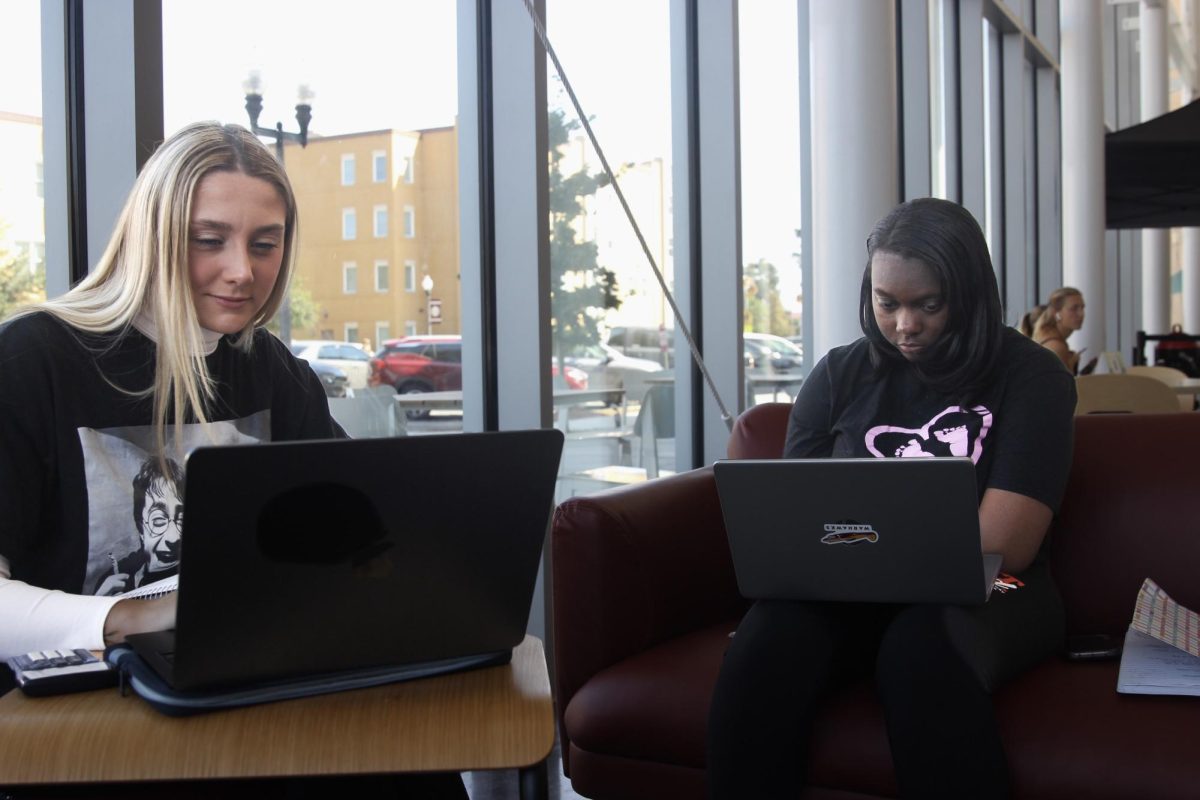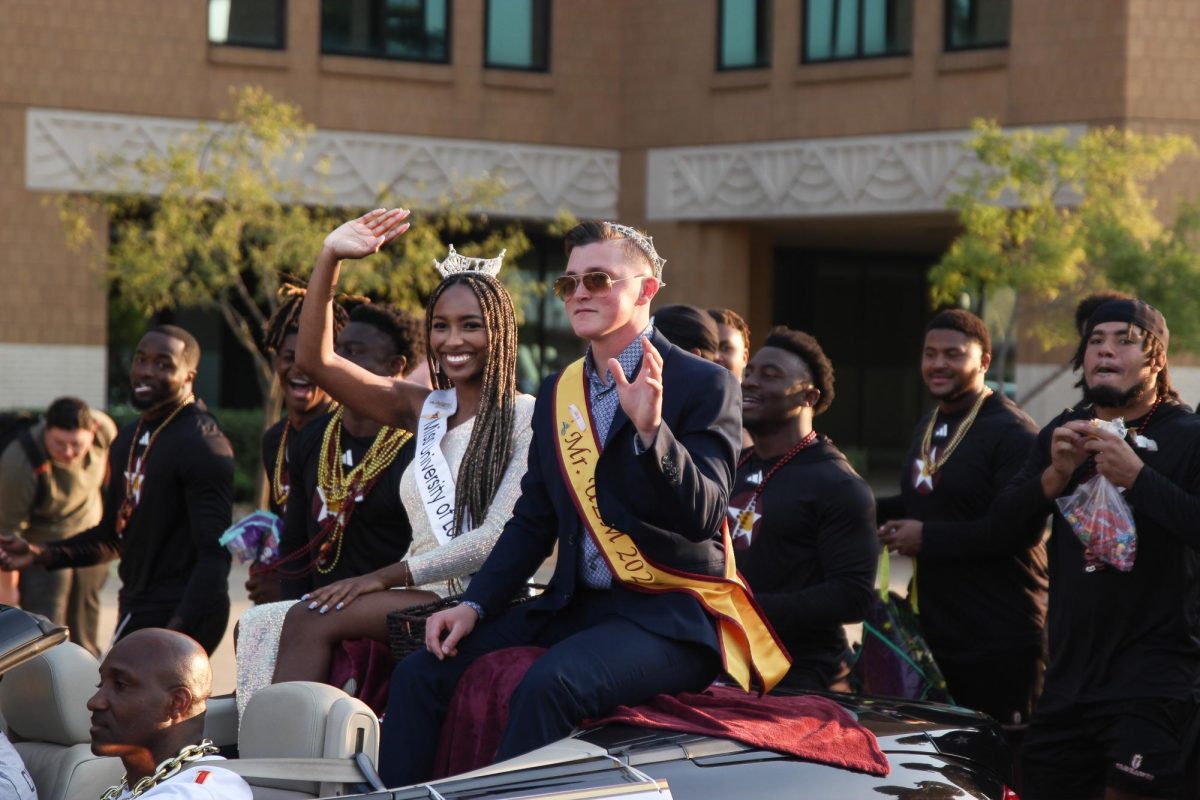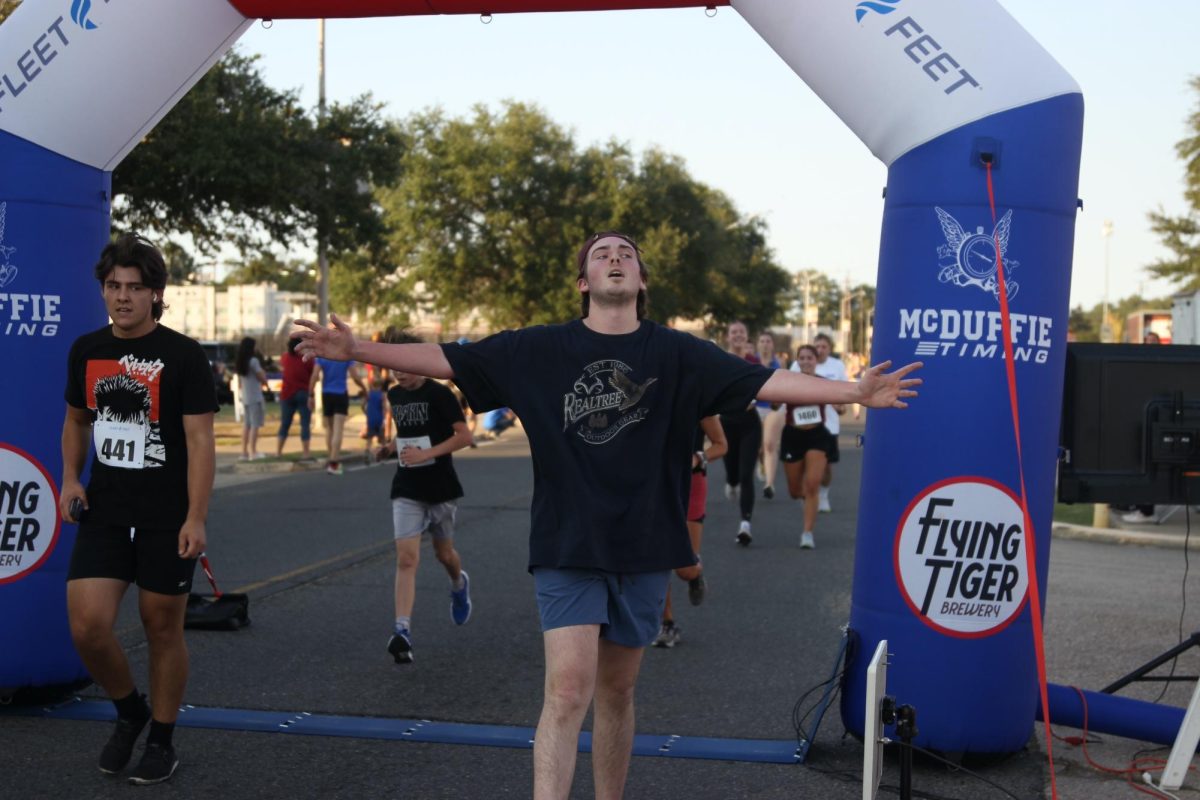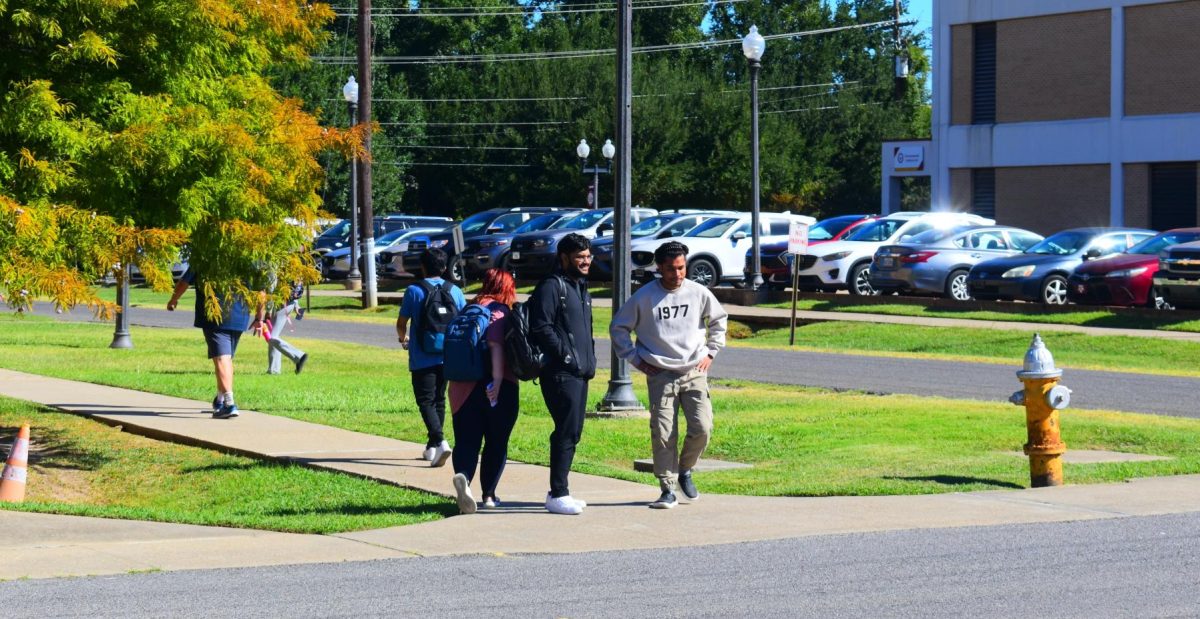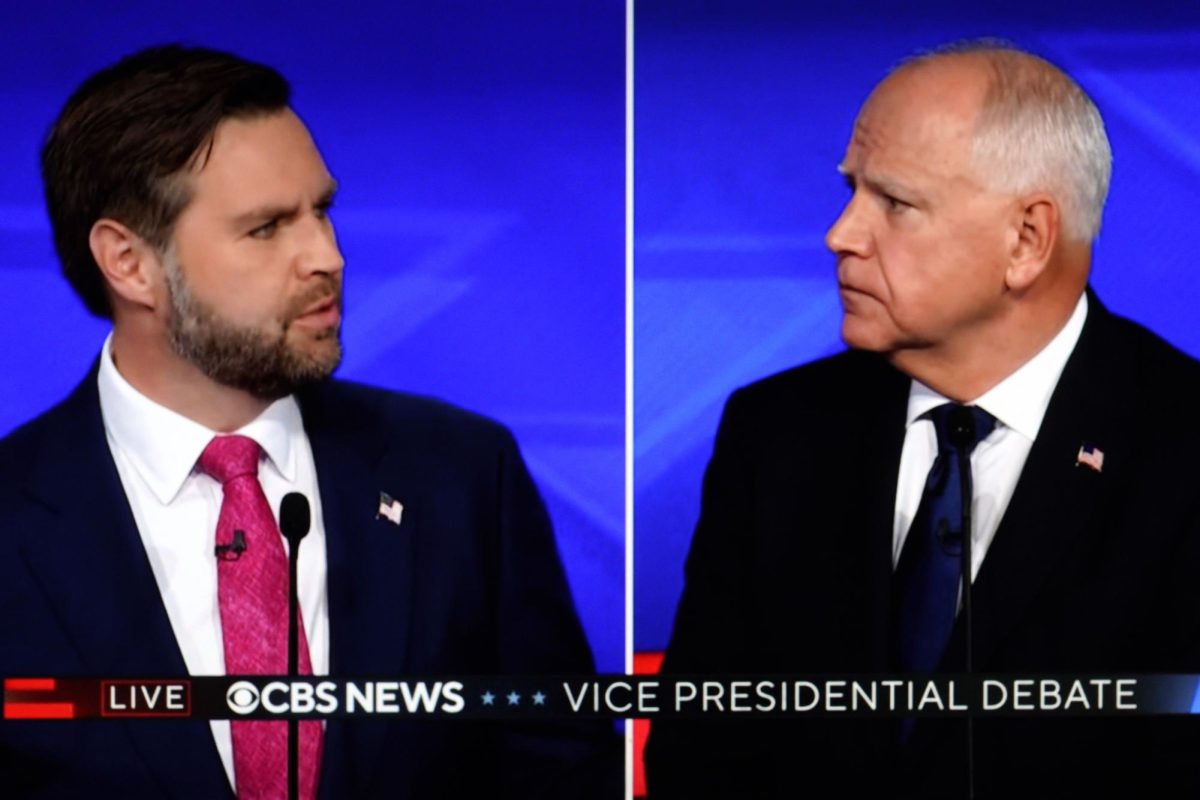Will Rogers, English assistant professor, credits his involvement in the Pink Bag series to his graduate school life, where he got to get involved in programs to learn about his professors’ works and the different aspects of the profession.
He wishes to provide the same experience to students through the Pink Bag series.
So, in his efforts, Rogers hosted, “There is NO F in LGBTQ+? Finding Space for Queer Identities in Feminism”. This was an unofficial inaugural for the Femhawk movement.
The lecture focused on queer identities, their origin and their relation with feminism.. Rogers also included some parts of the English medieval history to clarify the concept of queer identities.
Queer identities are often associated with terms like gay, lesbian, asexual, bisexual, transgender and so on.
“Queer identities depend on feminism, as much as feminism might need those queer identities,” said Rogers.
The Queer theory helps illustrate the shortcomings of identities based solely on biology.
Lauren Provost, a senior English major, said, “I had perspectives of the feminist aspect that I had always wondered about and he (Dr. Rogers) answered a lot of questions, of how it can be towards the homosexual or the heterosexual population.”
The history of feminism can be arranged under different waves.
Rogers focused his lecture on the second and third wave, the latter being the origin of queer theory.
Though “queer” is associated with negative weight, Rogers however looks at the “patience notion of queer, one which is useful for creating communities, pre and post- modern, together with feminism.
In his lecture, Rogers included works by Stacy Alaimo and Susan Heckman, John Boswell and V.A. Kolve in relation with the concept of queer identities.
Rogers added that feminism should not have a particular definition. One form of feminism should not necessarily fit all feminism types and there should be acceptance for the variability.
Although the first lecture in the series, “There’s NO F in LGBTQ+? Finding Space for Queer Identities in Feminism” had its share of audience. The room was crowded with active listeners, most of who were trying to grasp the concept of “queer identities” and some, who were there for their extra credit reports.
“Students will benefit from this series as they’ll get to see how academic discourse works to create knowledge, and how people who are, primarily, academics respectfully disagree,” said Rogers.


